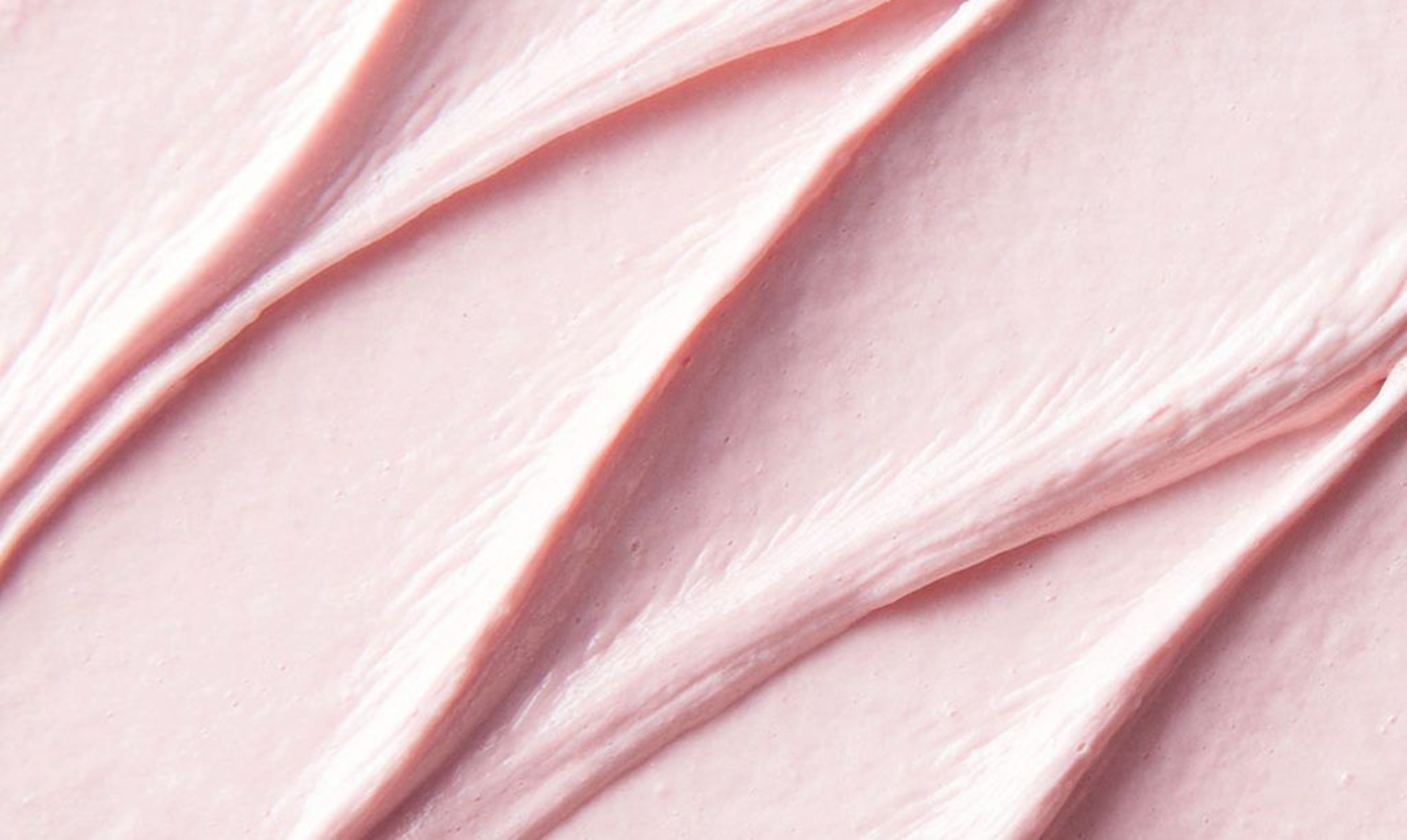
Before we dive into Sulfur’s benefits, let’s first take a look at the skin inflammation we are looking to treat. Acne is the result of a combination of factors including dead skin build-up, excess sebum, bacteria, and trapped dirt. The causes of acne vary for blackheads, whiteheads, and closed comedones (the skin-colored, small bumps frequently found on the forehead and chin of those with acne).
Sulfur is primarily recommended for people who have oily skin to help clear their pores as it can cause irritation for those with more sensitive skin types. It is most commonly known as a rather pungent natural mineral, but within the skincare world, it is a very popular ingredient in acne treatments. To best understand how Sulfur treats acne though, you must first understand how breakouts develop on the skin. Pores can become clogged with dirt and grime if the skin is not cleaned on a regular basis. As these substances become trapped under the skin’s surface, inflammation occurs and often results in painful acne [1].
When topically applied, Sulfur removes the top layer of skin by drying it out and allowing it to easily peel off. This helps slough away a layer of dead skin, keeping pores unblocked and allowing fresh new layers of skin to grow in its place. Sulfur also has antibacterial properties, which help to combat the presence of any lingering bacteria on the skin that may cause infections under the skin’s surface. Our team at the Kate Somerville Clinic loves Sulfur because of these properties. Kelly Viavattine, our very own celebrity esthetician, shares that “this is the primary ingredient in our EradiKate® Acne Treatment, which contains the highest level of Sulfur permitted at 10%, and in our EradiKate® Daily Foaming Cleanser, which is loaded with 3% Sulfur. Sulfur is a natural ingredient that fights bacteria and helps reduce acne by shedding excess skin cells. It’s a powerhouse!”
What Else is Sulfur Used For?
Because of its ability to remove dead cells from the skin’s surface while also fighting bacteria within the pores, Sulfur can also be used in products that treat sensitive skin conditions such as seborrheic dermatitis, rosacea, eczema, and dandruff [2]. As a result, you may frequently see it as a primary ingredient in soaps and shampoos alike.
When used in skincare, you will want to take note of the amount of Sulfur present in products to ensure their safety. This is because using high strength Sulfur products on a daily basis could cause a number of side effects, such as irritation, and possibly make acne worse as opposed to better. Be advised that any product on the market with greater than 10% Sulfur is illegal.
Should I Use Sulfur Treatments?
Despite its power in combating acne, Sulfur is not suitable for all skin types and some may actually find Sulfur to be harmful to their skin instead of helpful. The same elements that make Sulfur an effective acne treatment can also cause skin irritation for some due to its high pH balance. The strength of Sulfur may break down the skin’s natural protective barrier and leave the skin more vulnerable. Plus, without a strong moisture barrier, your skin will dry out and be more susceptible to environmental aggressors.
Because of the way Sulfur works on the skin, it is actually most effective in treating mild acne breakouts that consist of whiteheads and blackheads. Unfortunately, moderate acne, such as papules or pustules, and severe acne, like cysts and nodules, are best treated with stronger ingredients and under the supervision of an esthetician or dermatologist. However, once more severe acne is cleared up, Sulfur could be an excellent ingredient to help maintain clear skin moving forward.
Struggling with acne is a challenge for many of us, but it is important that you remain vigilant in the products you choose to treat your skin with. Many will seek out intense treatments that excessively dry out the skin. If you have any concerns or questions, it’s important you work with a dermatologist or esthetician to determine the right solution for your skin.
Alternative Treatment Options
If for some reason you are unable to use Sulfur-based products, don’t panic! There are alternative spot treatment options, which can also be effective in treating acne at its source. Two of the most commonly used ingredients are Salicylic Acid and Benzoyl Peroxide. Like Sulfur, Benzoyl Peroxide is a drying agent that helps remove dead and dry skin from the surface and reduces the presence of bacteria. Salicylic Acid, on the other hand, is more gentle. Though it is less intense in its effects, Salicylic Acid is still able to aid in the removal of dead skin and penetrate into pores to clean out the hair follicle and clear any existing breakouts. Our EradiKate® Salicylic Acid Acne Treatment is a good alternative for those who are unable to use Sulfur-based products.
Clearly, Sulfur is an incredible acne fighting ingredient. By removing dead skin cells both in your pores and on the surface of your skin, it can help to eliminate existing acne and prevent new breakouts. With a little patience and dedication to your skincare routine, your acne should begin to clear within a few days to a few weeks. However, while Sulfur treatments are safe, they are not the best option for everyone, so make sure you work with your dermatologist or esthetician to find the best treatments and regimen for your unique skin. At the Kate Somerville Skin Experts Clinic on Melrose Place, we take pride in working with every one of our clients to find the best possible solution for them.
Sources:






